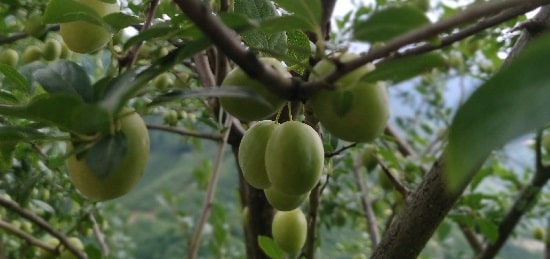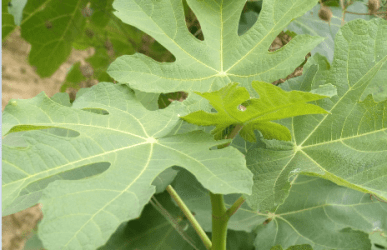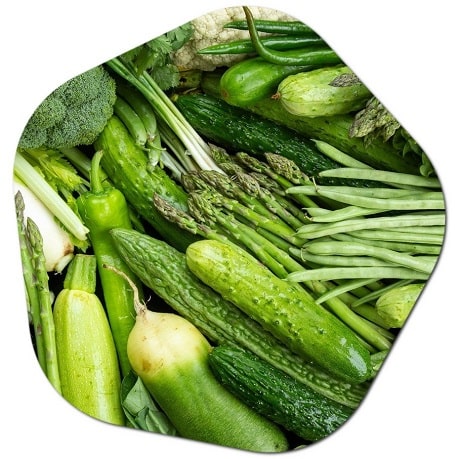What types of plants grow in Bessemer?
Bessemer is a city located in Jefferson County, Alabama, United States. Here is some information about Bessemer: History: Bessemer was founded in the late 19th century as an industrial city. It played a crucial role in the iron and steel industry, contributing to the economic development of the region. Economy: Historically, Bessemer was known for its iron and steel production. While the industrial landscape has changed over the years, the city remains an important economic center with a diverse range of industries.
Bessemer, located in Alabama, shares a similar climate to Auburn as they are both in the USDA Hardiness Zone 8a. Therefore, many of the plants that thrive in Auburn’s climate can also grow well in Bessemer. Here are some types of plants that commonly grow in Bessemer:
- Azaleas: These flowering shrubs are well-suited to Bessemer’s climate. They offer vibrant blooms in various colors and are a popular choice for gardens and landscaping.
- Crepe Myrtles: These deciduous trees or shrubs are valued for their showy summer blooms. They come in a range of colors and sizes, adding beauty to Bessemer’s landscape.
- Southern Magnolias: With their large, fragrant white flowers, Southern magnolias are a classic choice for Bessemer. These trees can provide shade and ornamental value to the area.
- Daylilies: Daylilies are hardy perennial flowers that come in a variety of colors. They are easy to grow and can add a splash of color to gardens in Bessemer.
- Pansies: These cool-season annuals are great for adding color to Bessemer’s winters. They can be planted in fall and continue to bloom until spring.
- Lantanas: Lantanas are heat-tolerant flowering plants that thrive in Bessemer’s hot summers. They attract butterflies and come in a range of colors, making them a popular choice for gardens.
- Herbs and vegetables: Bessemer’s climate is suitable for growing a variety of herbs and vegetables. Examples include tomatoes, peppers, basil, rosemary, and mint.

It’s important to consider factors such as soil conditions, sun exposure, and personal preferences when selecting plants for your specific garden or landscape in Bessemer. Additionally, local nurseries and garden centers in Bessemer can provide more specific recommendations based on the area’s conditions and offer a wider range of plants suitable for the region. Flowers growing in Bessemer >>
Fruit trees and fruitless trees in Bessemer
In Bessemer, which shares a similar climate with Auburn, there are several fruit trees and fruitless trees that can be successfully grown. Here are some examples:

Fruit Trees:
- Peach Trees: Peaches are well-suited to Bessemer’s climate, and there are many varieties available that can thrive in the area.
- Apple Trees: Certain apple tree varieties, such as ‘Arkansas Black’ or ‘Granny Smith’, can be successfully grown in Bessemer.
- Fig Trees: Fig trees, like ‘Celeste’ or ‘Brown Turkey’, can be grown in Bessemer. They are known for their delicious fruit and can tolerate the region’s temperatures.
- Plum Trees: Some plum tree varieties, such as ‘Methley’ or ‘Santa Rosa’, can be grown in Bessemer. They offer tasty fruit and ornamental value.
- Pear Trees: Certain pear tree varieties, including ‘Bartlett’ or ‘Kieffer’, can thrive in Bessemer’s climate and provide delicious fruit.
Fruitless Trees:
- Southern Live Oak: Known for its large size and evergreen foliage, the Southern Live Oak is a popular tree in Bessemer. It provides shade and adds a stately presence to landscapes.
- Japanese Maple: With its beautiful foliage and unique form, the Japanese Maple is a favorite ornamental tree. It adds vibrant colors to Bessemer’s landscape, especially in the fall.
- Red Maple: The Red Maple is a deciduous tree that offers stunning red foliage in the autumn. It is well-suited to Bessemer’s climate and can thrive in various soil conditions.
- Bald Cypress: This deciduous conifer tree is well-suited to Bessemer’s climate and soil conditions. It is known for its unique appearance, with feathery foliage that turns a beautiful reddish-brown in the fall.
- Crape Myrtles: Crape myrtles are valued for their colorful summer blooms, but they also come in fruitless varieties. They offer attractive bark and can add beauty to Bessemer’s landscapes.
Remember to consider factors such as soil type, sun exposure, and space availability when selecting and planting trees. Local nurseries and garden centers in Bessemer can provide more specific recommendations based on your preferences and the specific conditions of your planting area.
Which vegetables to plant in the garden in Bessemer?
Bessemer’s climate, similar to Auburn’s, is well-suited for growing a variety of vegetables. Here are some vegetables that you can consider planting in your garden in Bessemer:

- Tomatoes: Varieties like ‘Celebrity’, ‘Roma’, and ‘Cherry’ tomatoes thrive in Bessemer’s climate. They require full sun and well-drained soil.
- Peppers: Bell peppers, jalapeños, and chili peppers are suitable for Bessemer’s warm climate. They need full sun and fertile soil.
- Cucumbers: Both slicing cucumbers and pickling cucumbers can be grown in Bessemer. They require ample sunlight, regular watering, and trellising for support.
- Beans: Bush beans, such as green beans or wax beans, are a popular choice for home gardens in Bessemer. They prefer well-drained soil and require regular watering.
- Squash and Zucchini: Summer squash and zucchini are warm-season vegetables that grow well in Bessemer. They need full sun, regular watering, and fertile soil.
- Okra: Okra thrives in Bessemer’s warm climate and requires full sun. It prefers well-drained soil and regular watering.
- Leafy Greens: Vegetables like lettuce, spinach, kale, and collard greens can be grown in Bessemer during the cooler months of the year. They prefer partial shade and fertile, well-drained soil.
- Radishes and Carrots: Root vegetables like radishes and carrots can be grown in Bessemer’s climate. They need well-drained soil and consistent moisture.
- Herbs: Herbs like basil, parsley, cilantro, rosemary, and mint can be grown successfully in Bessemer. They require adequate sunlight and well-drained soil.
When planting vegetables, it’s important to consider the recommended planting dates for each crop, which may vary based on the specific variety and the desired harvest time. Additionally, soil preparation, watering, and pest management are important aspects to keep in mind for successful vegetable gardening. Consider local gardening resources, extension offices, or nurseries for more specific guidance on planting vegetables in Bessemer. What grows in Bessemer? >>





